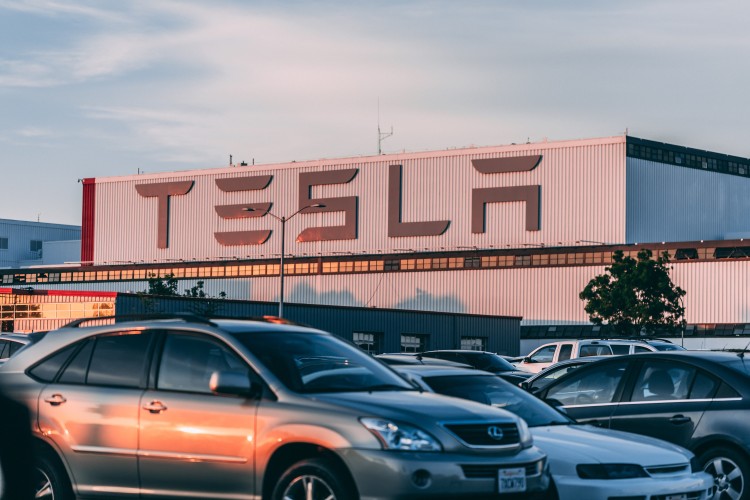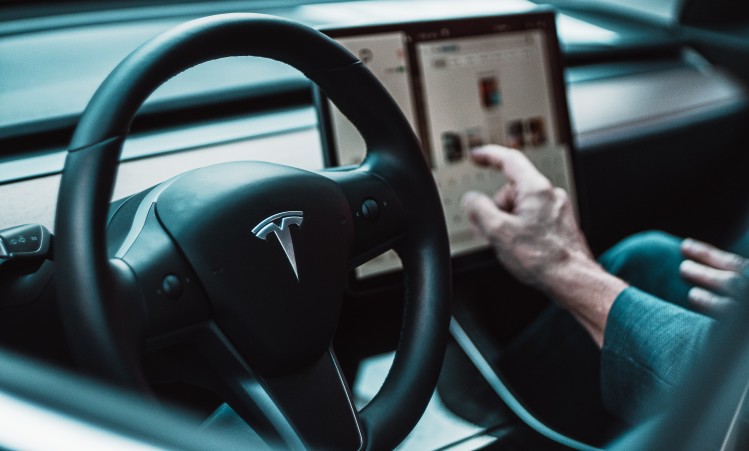How Elon Musk Missed The Ball On ESG - Part 1
Tesla Inc.

In May 2022, the S&P 500 ESG Index made a big move and decided to remove Tesla from its index, as the fund no longer recognised Tesla as a socially responsible company. This made waves, since both the ESG index is widely followed and Elon Musk too, as perhaps the most recognised public figure in business.
But in the aftermath of the decision, several things happened. Elon Musk sent out a flurry of tweets about the decision. He continued to stress how the ESG movement was the devil incarnate, a “scam”, and some individuals took the bait. Yes, ESG is constantly evolving, but the point of it is that it necessarily needs to acknowledge where change is needed. This stands at the heart of ESG ratings, and is hardly akin to a scam when transparency is the aim.
Musk’s values evidently do not encompass ESG, and as notorious as he has become, he’s also missed the mark on ESG on several counts.
Electric Vehicles
The first is in the area of electric vehicles (EVs). This is a big point of contention as anyone can point out that electric vehicles don’t emit CO2 into the atmosphere compared to all the other vehicles we have on the roads. Elon Musk’s Tesla ESG score should be through the roof just because of this fact alone.
Well, not necessarily.
Even though Musk is making EVs, it’s worth looking into the actual process of making them. Yes, electric vehicles will be reducing emissions, however, it’s not a matter of will they but can they?
Electric vehicles run on batteries, which are formed from various metals that need to be mined out. The issue with those minerals is that they are scarce and expensive, hence the term rare earth minerals. This is not to mention the environmental consequences of the mining process and the social and health impact on communities.
One solution to this problem that Musk could implement, but has yet to, is a battery recycling programme. An effective process that considers how we first design cars to be more readily recyclable, as opposed to designing for obsolescence, is critical. This would do more to lessen the need for virgin mined materials in the first place, and Tesla, with its groundbreaking experience in setting up ‘giga’ manufacturing, is well placed to drive change. The recently introduced Inflation Reduction Act (IRA) contains incentives for manufacturers to increase their use of recycled materials in EV batteries. The time is literally now.
That said, any environmentalist knows that we not only need to look at replacing cars but reducing the number of cars on the road. Musk is not trying to do that.
Car Safety
The reason Musk isn’t working to reduce the number of cars can be seen throughout his various behaviour around other issues. You begin to see what the man is really like when you look at his approach to problem solving.
In Tesla, one of the growing issues that he is dealing with is car safety. Tesla years ago was innovative in that no other car manufacturer in the world was making luxury and fully electric vehicles. But now that other car manufacturers are catching up, people have begun to look at electric vehicles with more scrutiny.
For Tesla, the National Highway Transportation Safety Administration (NHTSA) is investigating multiple deaths and injuries that were directly connected to Tesla’s autopilot features. Since last year, there have been 273 crashes, concerning since that’s 70 percent of the nearly 400 crashes that involve advanced driver-assistance systems.
Furthermore, this problem hasn’t been from one bad year. The NHTSA probed 42 crashes possibly connected to driver assistance where 35 involved Tesla. This probe stretched back to 2016.
Even if it’s a small amount, it’s unusual that a brand that is all about luxury - and therefore high-quality - would have a terrible track record for a system that is meant to help drivers. Tesla’s Autopilot even has a beta version where you can drive around cities and residential areas.
It’s easy to point at the number of car accidents and crash deaths in regular vehicles compared to those through autopilot features. However, if we are to transition from manual driving to driverless vehicles, it’s important that the technology is effective and regulated early. The fact that Tesla is the predominant source of these crashes is scathing.
And yet, Musk decides to defend the technology, never admitting it’s a problem and makes no effort to change it. All the while, he is the wealthiest person in the world and could easily prioritise the resources towards solving the problem.
How He Treats People
The S&P 500 ESG Index pointed at one of his Tesla facilities - Fermont - as the reasoning, but spend any time around Elon Musk and you can tell he promotes terrible work conditions. There are multiple examples of his misconduct that he tolerates or that he actively participates in:
The time he wanted an erotic massage from a flight attendant on one of his SpaceX flights. He even told her he’d buy her a horse.
That racial slurs spiked once Musk bought Twitter. As CEO of Twitter, he has done nothing to remove that.
Throughout his life, you can see these kinds of undertones and what he is like. From the fact he’s named some of his children as equations, to the fact he can’t keep a stable relationship with any woman, to one of his own children wanting to distance themselves from their dad.
If these examples are from family, one can only imagine how workers underneath him are treated. We’re seeing a lot of this in real-time through Twitter where half of Twitter staff was fired for no good reason.
In the end, we’re seeing Musk pulling every 'bad boss' trick in the book by coming in and saying there won’t be mass layoffs and follows that up with:
Firing executives,
Demanding 12-hour work shifts from staff while expecting employees to return to the office to work
Firing half of Twitter staff
Firing most contract employees
And firing more employees when they raise any negative opinions about him
The glaring issue is that Musk behaves this way all the time with his other companies. At SpaceX, employees were fired because they spoke up about him, and there was the incident with the flight attendant who was first given reduced hours until she was fired once she brought that up. In the case of Tesla, there is evidence of a lot of segregation among the workers, along with accusations of racism.
Tolerating this behaviour says a lot about the man. This is especially true in Musk’s case since he is a well-known overworker. Now juggling three companies, it’s clear that his working style is more akin to a micro-manager who happens to hold all the power. As a result, his own work ethic and values seep into whatever he is involved in.
Good governance stems not just from the acknowledgment that social change is required, but from a willingness to incorporate that change into one’s own operating values. This sits at the core of ESG, and is certainly not part of the operating attitude that Musk exhorts. The question, therefore, is when the world is crying out for real changemakers in industry, how can we get on board with ‘captains of industry’ who are, in so many ways, those of old?
Read Part 2 here.






